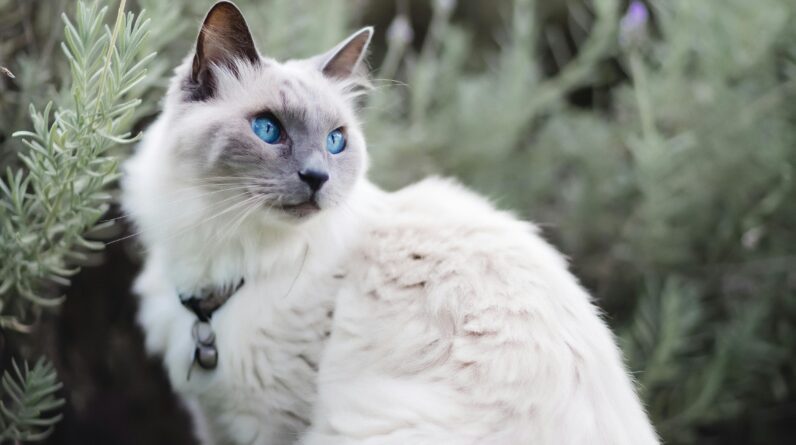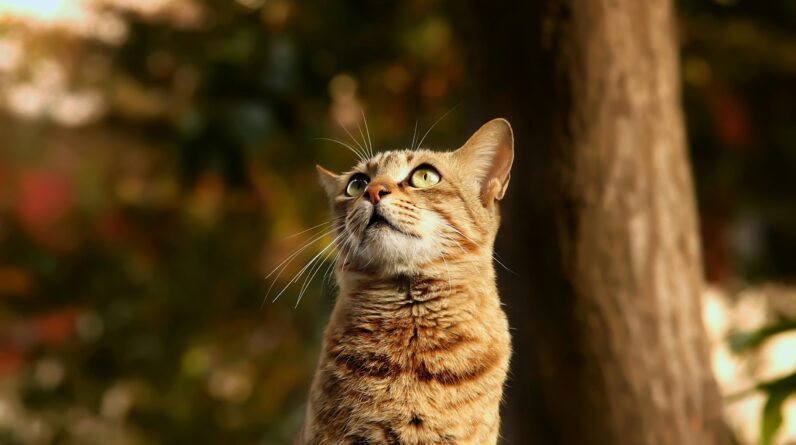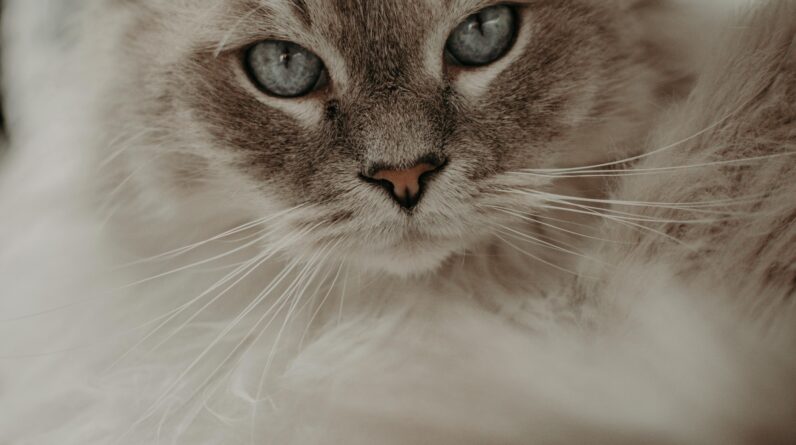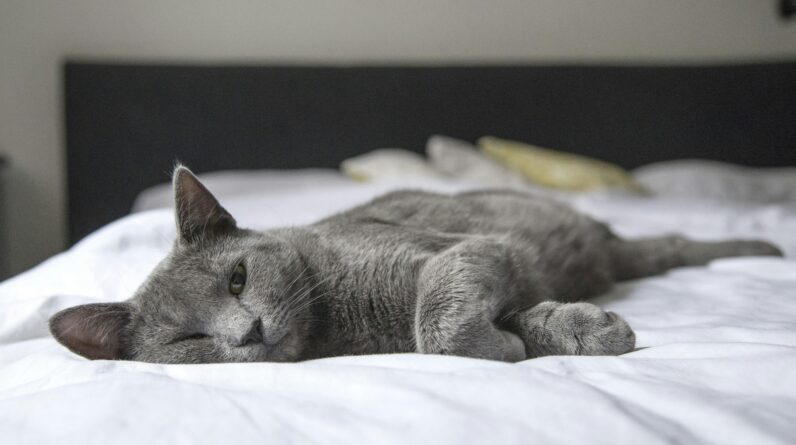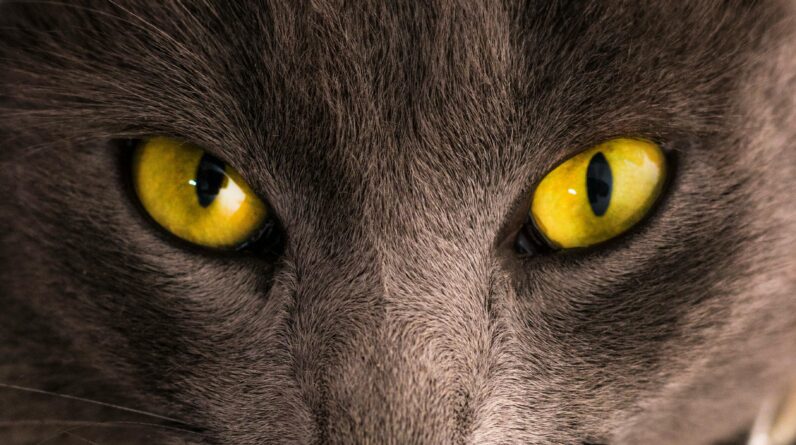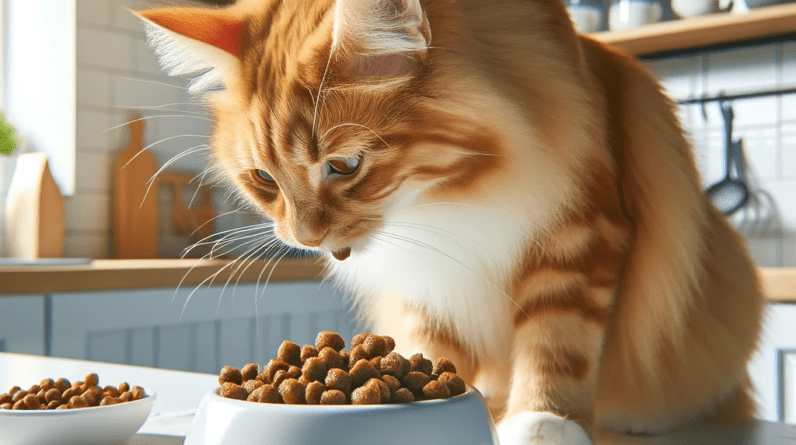
Understanding and Addressing Ginger Cat Vomiting: Causes and Remedies
If you’re a ginger cat owner, you may have experienced your feline friend vomiting.
It’s worrying, but know you’re not alone.
This article will explore common causes and provide practical remedies.
Key Takeaways
- Small Meals: Feed ginger cats small, frequent meals.
- Brush Regularly: Regular grooming helps prevent hairballs.
- Stay Hydrated: Ensure constant access to fresh water.
- Quiet Rest Area: Provide a peaceful spot for rest and recovery.
- Regular Vet Visits: Essential for monitoring health and preventing issues.
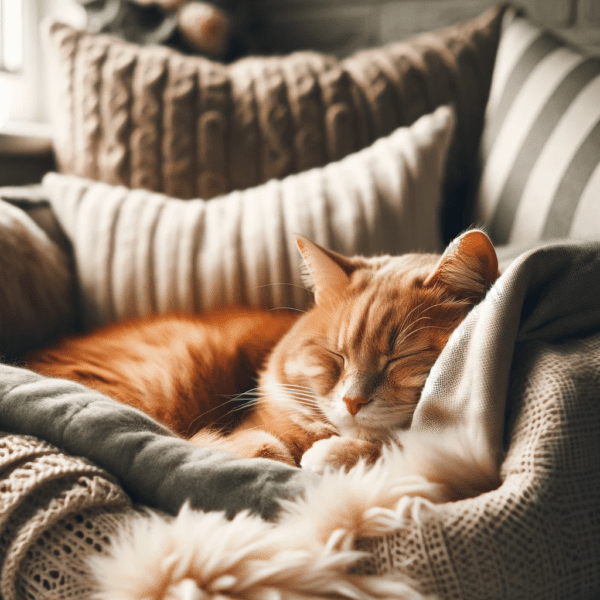

Common Causes of Vomiting in Ginger Cats
Dietary Issues
Overeating: Cats may vomit if they eat too much, too quickly.
Their stomachs are small and can’t handle large meals well.
Eating Too Fast: When cats gulp their food, they also swallow air, leading to indigestion and vomiting.
Dietary Changes: Sudden changes in their food can upset a cat’s stomach. It’s best to introduce new foods gradually.
Spoiled Food: Always check for freshness. Spoiled or stale food can cause stomach upset.
Hairballs
Grooming Habits: Cats often swallow hair while grooming. For ginger cats, their thick fur can mean more hairballs.
Not Passing Normally: If hairballs don’t pass through the digestive tract, they can cause vomiting.
Prevention: Regular brushing reduces the amount of hair your cat ingests. Special hairball control cat foods can also help.
Infections or Illnesses
Gastrointestinal Infections: Bacteria or viruses can infect the stomach and intestines, causing vomiting.
Parasites: Worms or other parasites in the digestive system can be a culprit.
Chronic Illnesses: Conditions like kidney disease or diabetes can have vomiting as a symptom.
Toxins or Allergens
Household Plants: Many common plants are toxic to cats. Lilies, for example, can be very dangerous.
Human Foods: Foods like chocolate, grapes, and onions are harmful to cats.
Allergies: Cats can have allergies to certain foods or environmental factors, leading to vomiting.
By understanding these common causes, you can better monitor and care for your ginger cat’s health.
Remember, if vomiting is frequent or accompanied by other symptoms, it’s important to consult a veterinarian.
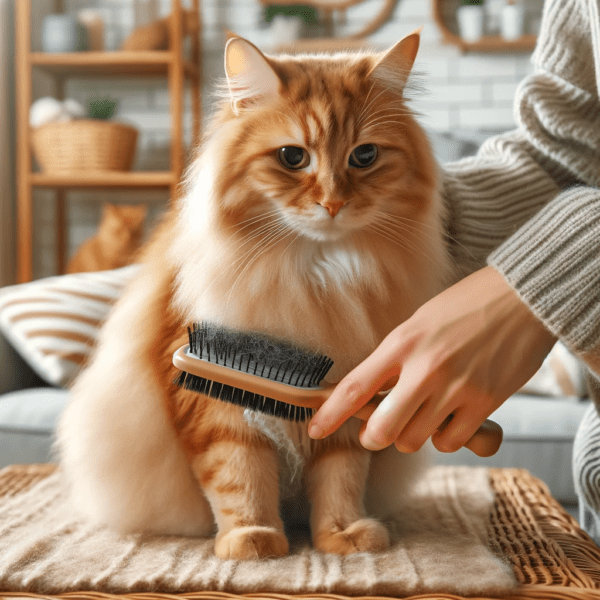

Remedies for Vomiting
Diet Adjustment
Small, Frequent Meals: Instead of two large meals, try feeding several smaller portions throughout the day. This eases digestion.
Balanced Diet: Ensure the food is high-quality and appropriate for your cat’s age, size, and any health conditions.
Gentle Transition: When changing diets, do it gradually over several days to avoid stomach upset.
Avoid Human Food: Stick to cat-specific food, as human food can be harmful.
Hairball Control
Regular Grooming: Brush your cat daily to reduce the amount of hair they ingest.
Hairball Formula Food: Some cat foods are designed to help reduce hairballs. They can improve coat health and digestion.
Fiber Supplements: Sometimes, vets recommend adding fiber to your cat’s diet to help move hairballs through the system.
Hydration
Fresh Water: Always have clean, fresh water available. Change it daily.
Multiple Water Stations: Place water bowls in different areas to encourage drinking.
Wet Food: Incorporating wet food into their diet can also increase water intake.
Rest
Quiet Space: Create a calm area where your cat can rest without disturbance.
Comfortable Bedding: Ensure they have a soft, warm place to lie down.
Minimize Stress: Keep the environment peaceful. Loud noises or frequent disruptions can hinder recovery.
By implementing these strategies, you can help alleviate your ginger cat’s vomiting and support their overall health and comfort.
Always monitor their condition, and if symptoms persist, consult your veterinarian for further advice.


When to See a Vet
Persistent Vomiting
Repeated Episodes: If your cat vomits multiple times in a day or over several days, it’s a concern.
No Improvement: When home remedies don’t help, and vomiting continues, it’s time to seek veterinary help.
Vomiting with Blood
Blood in Vomit: Look for red streaks or a coffee-ground appearance in their vomit.
Serious Condition: Blood in vomit can indicate internal issues, like ulcers or gastrointestinal bleeding.
Signs of Pain
Meowing More: If your cat is meowing more than usual, it might be a sign of discomfort.
Avoiding Touch: If they don’t want to be touched, especially around the abdomen, they may be in pain.
Lethargy
Less Active: If your cat is sleeping more than usual or seems uninterested in playing, it’s a sign of lethargy.
Not Responsive: When they don’t react to things they usually enjoy, it’s a cause for concern.
Changes in Behavior
Hiding: If your cat is suddenly hiding more, it could be due to feeling unwell.
Aggression: Uncharacteristic aggression can also be a sign of discomfort or illness.
Not Eating or Drinking
Refusing Food: If your cat isn’t eating, even their favorite foods, it’s worrying.
No Water Intake: Not drinking water can quickly lead to dehydration, especially if they are also vomiting.
If you observe any of these symptoms in your ginger cat, it’s crucial to consult with a veterinarian immediately.
These signs can indicate serious health issues that require prompt medical attention.
Remember, early intervention can be key to a better outcome for your pet.
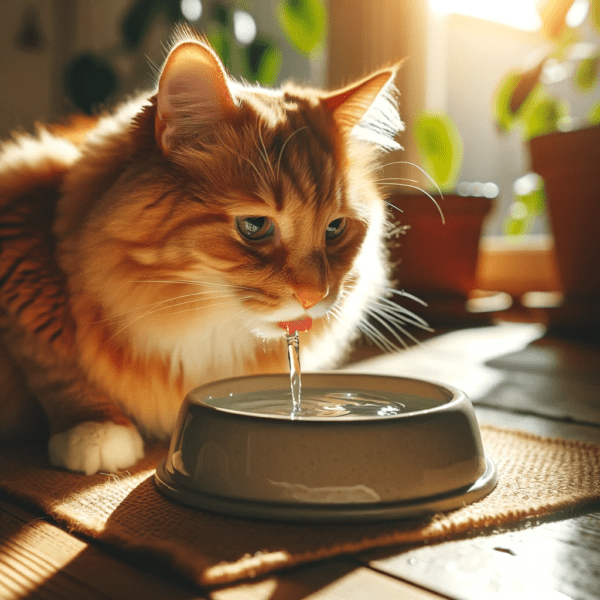

Preventive Measures
Keeping Toxic Substances Away
Identify Hazards: Learn which household items are toxic to cats. This includes some plants, foods, and chemicals.
Secure Storage: Keep all harmful substances in closed cabinets or out of reach.
Be Vigilant: Watch out for small objects your cat could swallow. This includes strings, rubber bands, and small toys.
Regular Vet Check-ups
Annual Visits: Take your cat for a check-up at least once a year. Older cats may need more frequent visits.
Vaccinations: Keep their vaccinations up to date to prevent common diseases.
Dental Health: Regular dental check-ups are important, too. Poor dental health can lead to other health issues.
Monitoring Diet and Health
Quality Food: Choose high-quality cat food appropriate for their age and health status.
Weight Checks: Keep an eye on their weight. Sudden weight loss or gain can indicate health problems.
Observation: Notice changes in eating, drinking, or bathroom habits. Changes could be a sign of health issues.
By following these measures, you can help ensure your ginger cat remains healthy and happy.
Regular monitoring and preventive care are key to catching potential health issues early, leading to a better quality of life for your furry friend.
Vomiting in ginger cats can be a sign of various issues, from minor to serious.
While some remedies can be tried at home, it’s crucial to monitor your cat closely and consult a vet if symptoms persist.
Remember, timely intervention can make a big difference in your cat’s health.
FAQs:
Q1: How often should I feed my ginger cat?
A: Feed your ginger cat small, frequent meals throughout the day.
Typically, 2-4 small meals are recommended, depending on their health and age.
Q2: What are common signs that my cat might have hairballs?
A: Common signs include frequent hacking, gagging, and vomiting. You may also notice hair in the vomit.
Q3: How can I tell if my cat is dehydrated?
A: Signs of dehydration include lethargy, dry gums, and decreased skin elasticity.
If you gently pinch the skin on their back, it should snap back into place quickly.
Q4: What should I do if my ginger cat vomits more than once in a day?
A: If your cat vomits multiple times in a day, contact your veterinarian.
Persistent vomiting can be a sign of a serious health issue.
Q5: Are there any specific foods I should avoid giving my ginger cat?
A: Yes, avoid foods like chocolate, grapes, onions, garlic, and anything containing caffeine or alcohol. Stick to cat-specific food.
Q6: How can I prevent my cat from eating too quickly?
A: Use a slow feeder bowl or divide their food into smaller portions spread throughout the day to prevent them from eating too quickly.
Q7: What’s the best way to introduce a new diet to my ginger cat?
A: Introduce new food gradually over a week.
Mix the new food with their current food, gradually increasing the new food’s proportion.
Q8: How do I know if my cat’s vomiting is due to an allergy?
A: Allergies can be tricky to diagnose.
Look for other symptoms like itching or skin irritations.
Consult your vet for an accurate diagnosis.
Q9: When should I take my ginger cat for veterinary check-ups?
A: Schedule annual check-ups for your cat.
If they are older or have health issues, they may need more frequent visits.
Q10: What are the signs of serious health issues in cats?
A: Persistent vomiting, vomiting with blood, significant changes in behavior or appetite, and signs of pain or distress are all indications of serious health issues.




